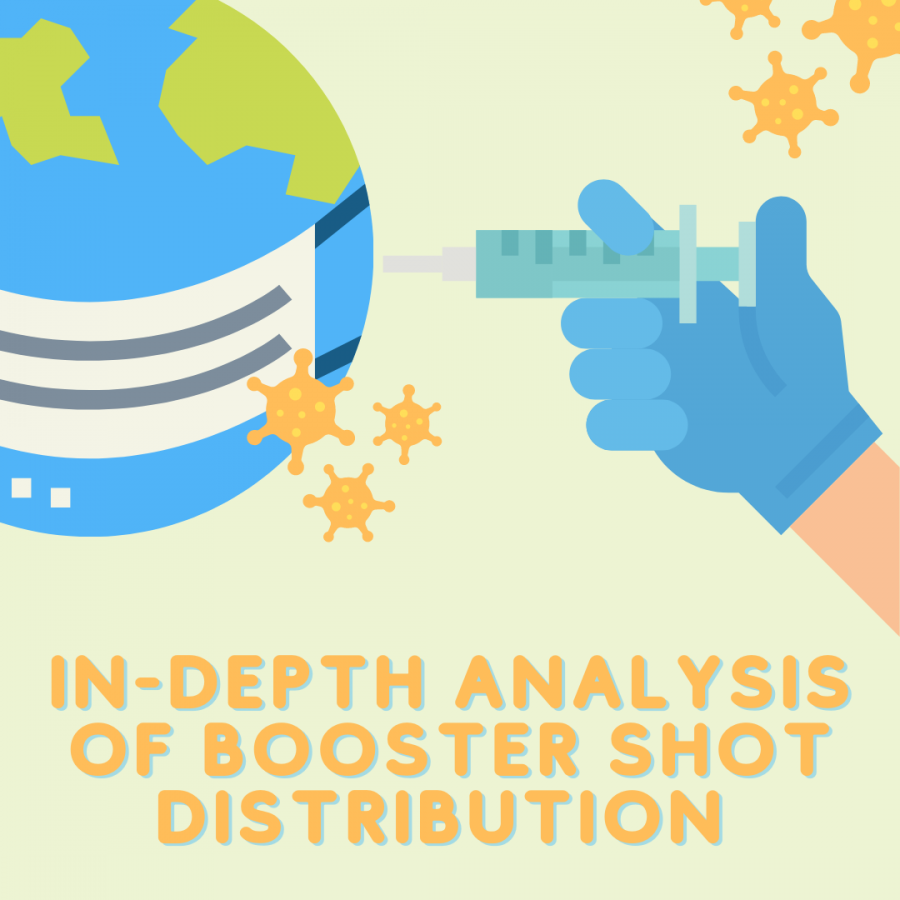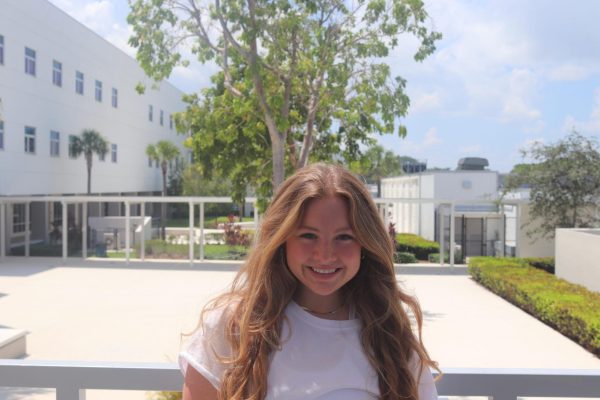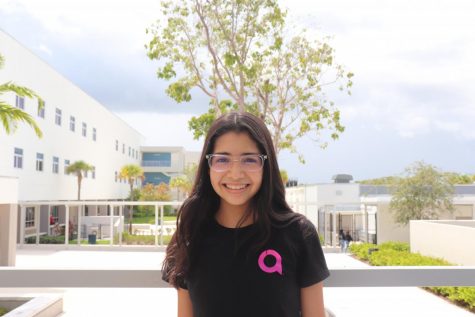An Analysis on COVID-19 Booster Shots in the U.S.
October 19, 2021
On Thursday, Oct. 14, the Food and Drug Administration’s Vaccines and Related Biological Products Advisory panel unanimously voted to authorize booster shots of the Moderna COVID-19 vaccine.
Under this approval, individuals eligible for the booster dose include those 65 and older, those aged 18 to 64 with risk factors and individuals with jobs that place them at higher risks, such as health care workers. Although some panel members were reluctant in their decisions, they all voted in favor of the approval of a 50 microgram shot, which is half of the original 100 microgram dose.
The approval for other types of COVID-19 vaccines remain a bit different. For example, since Johnson & Johnson only has one dose, contrary to other types of vaccines that have two doses, the approval for this booster was more complicated. On Friday, Oct. 15, the committee voted unanimously to recommend a booster dose of Johnson & Johnson’s vaccine at least two months after individuals got the first dose.
Prior to the recommendation of any booster, the panel takes time to determine whether the data collected from trials shows effectiveness in prevention, but also whether the booster dose shows a stronger response after six months of original immunization.
According to NPR, studies found the J&J booster dose resulted in 94% efficacy against moderate to severe COVID-19 in the U.S. compared with 70% for a single dose.
As the J&J vaccine only has one dose, the FDA questions whether individuals should receive a different booster shot to the original shot they initially received. Similarly, because the J&J vaccine has not been shown to be as protective as other vaccines, U.S. regulators consider modifying the rules for COVID-19 vaccines to allow people who received the J&J originally to receive the Moderna or Pfizer dose as a booster.
Before approval, agency scientists shared concerns about the booster as they believed there were insufficient cases of COVID-19 caused by the Delta variant to estimate how effective the vaccine booster is against mutations.
Moderna released data on “breakthrough” cases that support the push for authorization of the booster. Based on a new analysis of phase three study, breakthrough COVID-19 cases, known to occur in fully vaccinated people, were less frequent in a group of trial participants who more recently received an additional dose.
The number of people receiving booster shots continues to increase at a faster rate than those getting their first or second doses of the initial vaccination, contributing a large amount to the total number of vaccinations in October. From the 6.7 million shots administered from Sept. 30 to Oct. 6, nearly 2.7 million were booster shots.
Despite recommendations from advisory panels and board members, before any official authorization for any booster shot, the FDA along with the CDC’s approval is mandatory.












